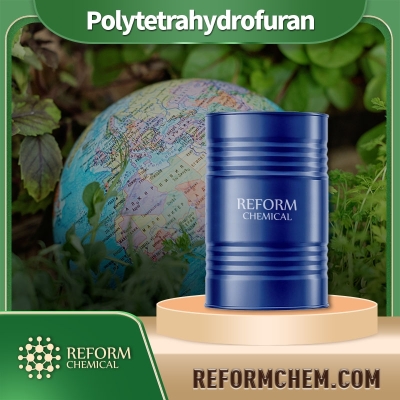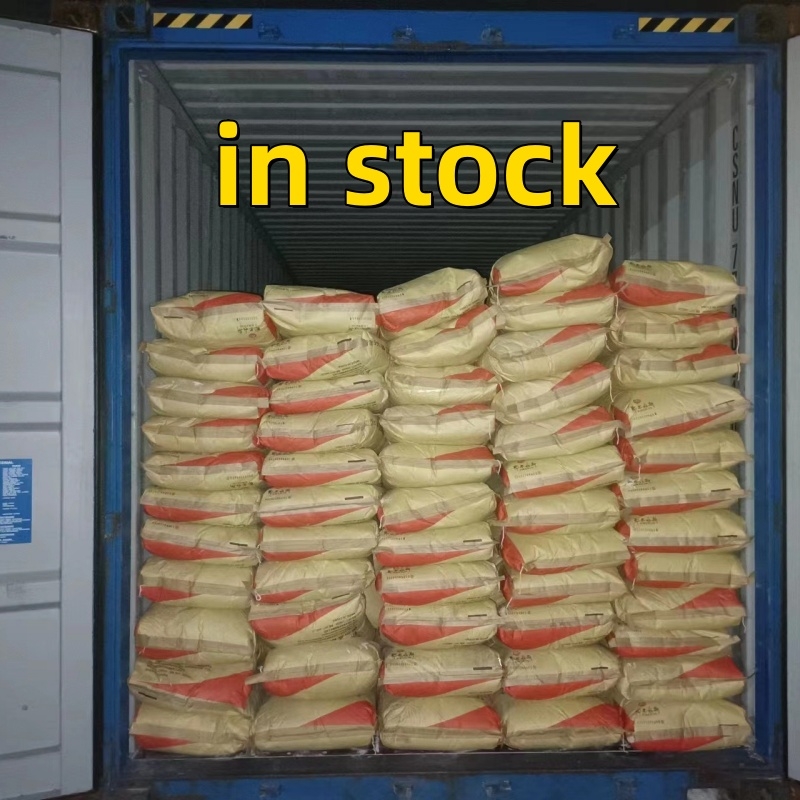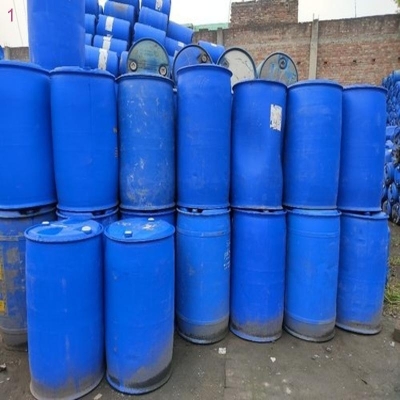-
Categories
-
Pharmaceutical Intermediates
-
Active Pharmaceutical Ingredients
-
Food Additives
- Industrial Coatings
- Agrochemicals
- Dyes and Pigments
- Surfactant
- Flavors and Fragrances
- Chemical Reagents
- Catalyst and Auxiliary
- Natural Products
- Inorganic Chemistry
-
Organic Chemistry
-
Biochemical Engineering
- Analytical Chemistry
-
Cosmetic Ingredient
- Water Treatment Chemical
-
Pharmaceutical Intermediates
Promotion
ECHEMI Mall
Wholesale
Weekly Price
Exhibition
News
-
Trade Service
A few days ago, Xinjiang researchers successfully developed a "full-climate lithium battery" that can work stably at minus 40 °C and 60 °C above zero, which is expected to solve the problem of low temperature and inability to charge lithium battery energy storage, especially for northern regions with cold winters like Xinjiang
.
It is understood that lithium battery is currently an electrochemical energy storage and power device commonly used in electric vehicles, which has the advantages
of high energy density and long cycle life compared with other batteries.
However, its low temperature performance is extremely poor, the mileage of electric vehicles in cold weather is reduced by 40%-50%, and it cannot be charged below zero, making electric vehicles become "flowers in the greenhouse"
.
Industry and academia have developed a variety of technologies to solve the low-temperature problem of lithium batteries, but existing solutions are often complex, costly, or compromised at ambient and high-temperature performance
.
Therefore, the development of a low-cost, all-climate and high-efficiency lithium-ion battery plays an important role
in the development of the electric vehicle industry.
"All-climate lithium battery" related products are widely used in energy, information, transportation, national defense, aerospace and other industries, with broad market prospects
.
A few days ago, Xinjiang researchers successfully developed a "full-climate lithium battery" that can work stably at minus 40 °C and 60 °C above zero, which is expected to solve the problem of low temperature and inability to charge lithium battery energy storage, especially for northern regions with cold winters like Xinjiang
.
It is understood that lithium battery is currently an electrochemical energy storage and power device commonly used in electric vehicles, which has the advantages
of high energy density and long cycle life compared with other batteries.
However, its low temperature performance is extremely poor, the mileage of electric vehicles in cold weather is reduced by 40%-50%, and it cannot be charged below zero, making electric vehicles become "flowers in the greenhouse"
.
Industry and academia have developed a variety of technologies to solve the low-temperature problem of lithium batteries, but existing solutions are often complex, costly, or compromised at ambient and high-temperature performance
.
Therefore, the development of a low-cost, all-climate and high-efficiency lithium-ion battery plays an important role
in the development of the electric vehicle industry.
"All-climate lithium battery" related products are widely used in energy, information, transportation, national defense, aerospace and other industries, with broad market prospects
.







